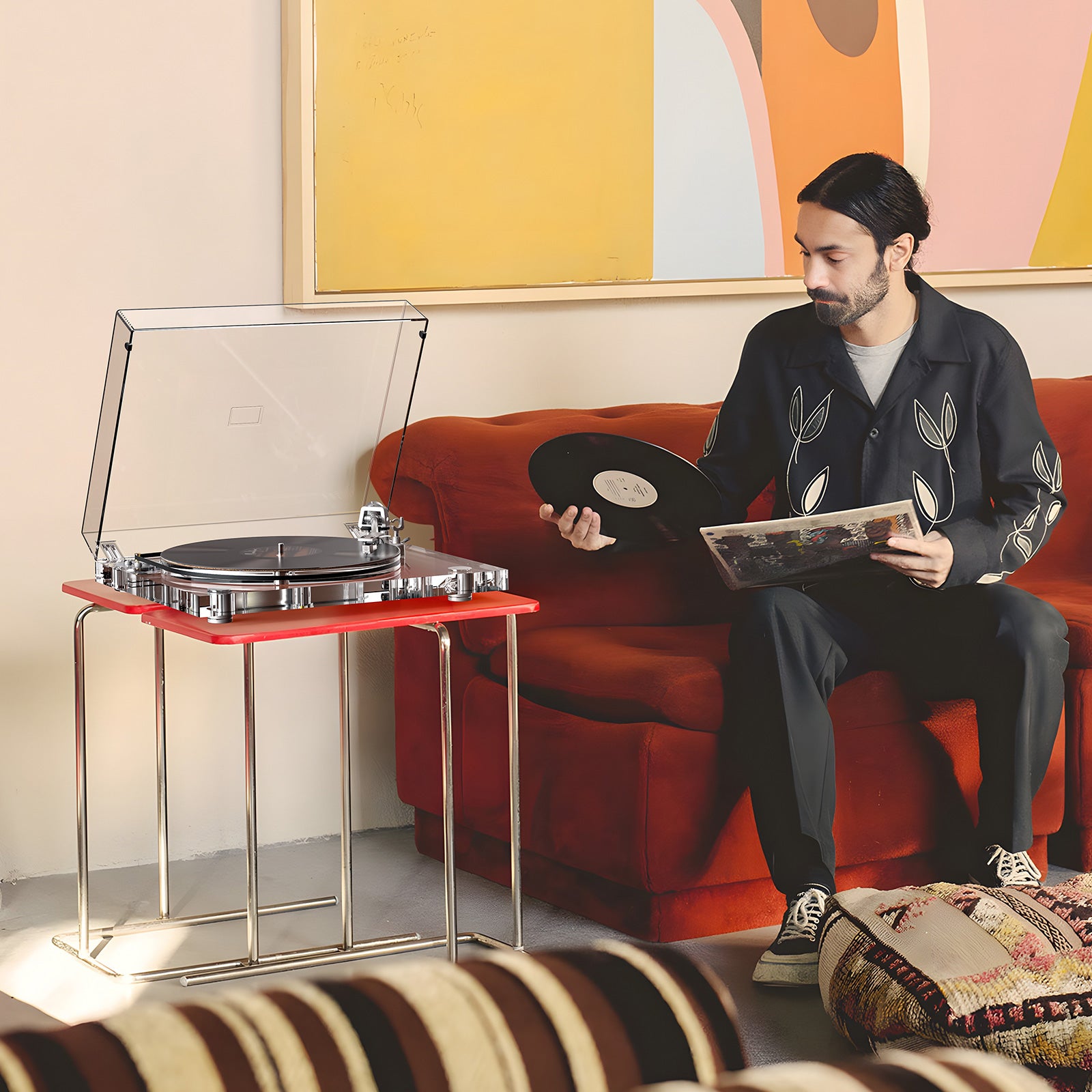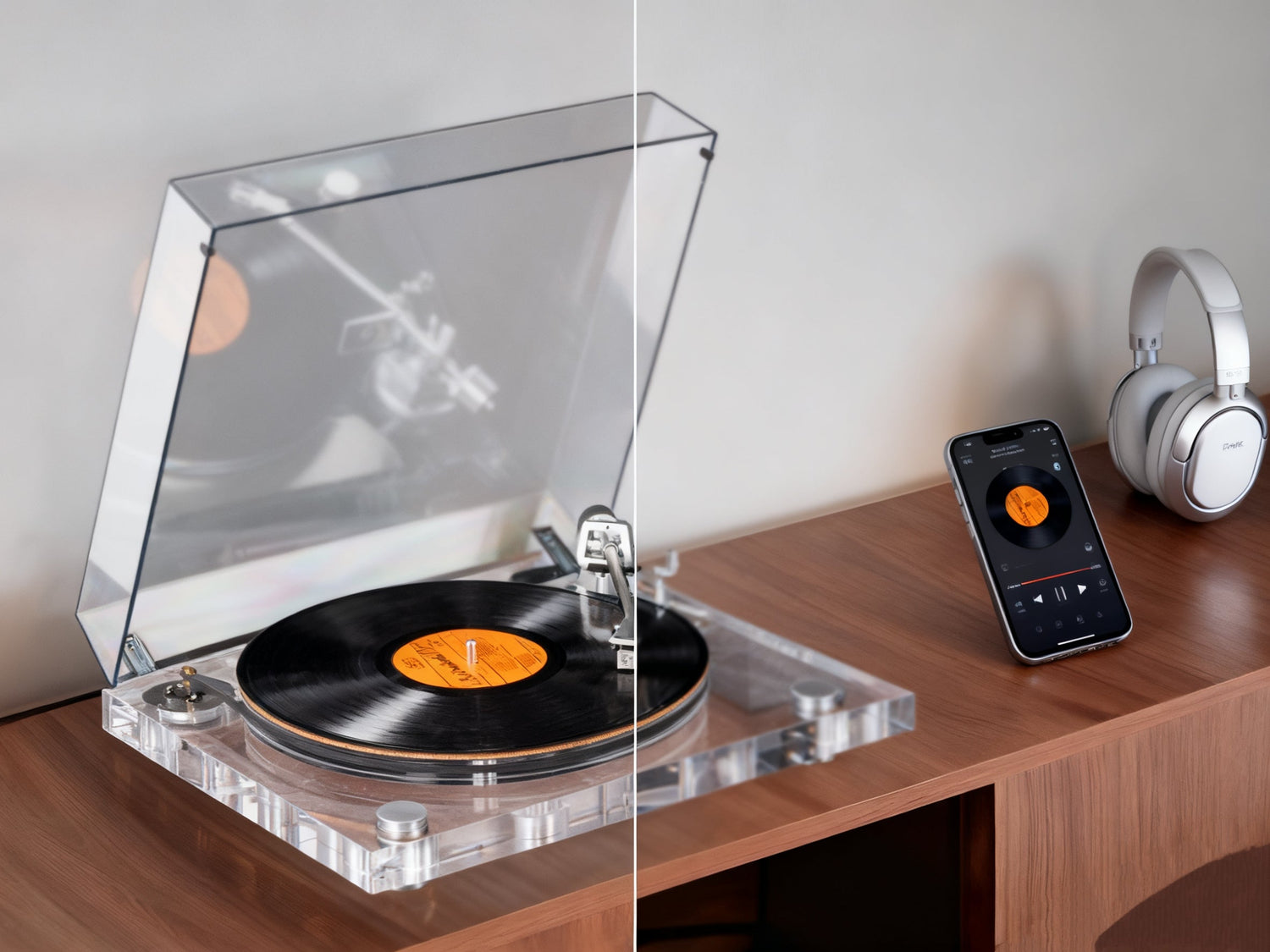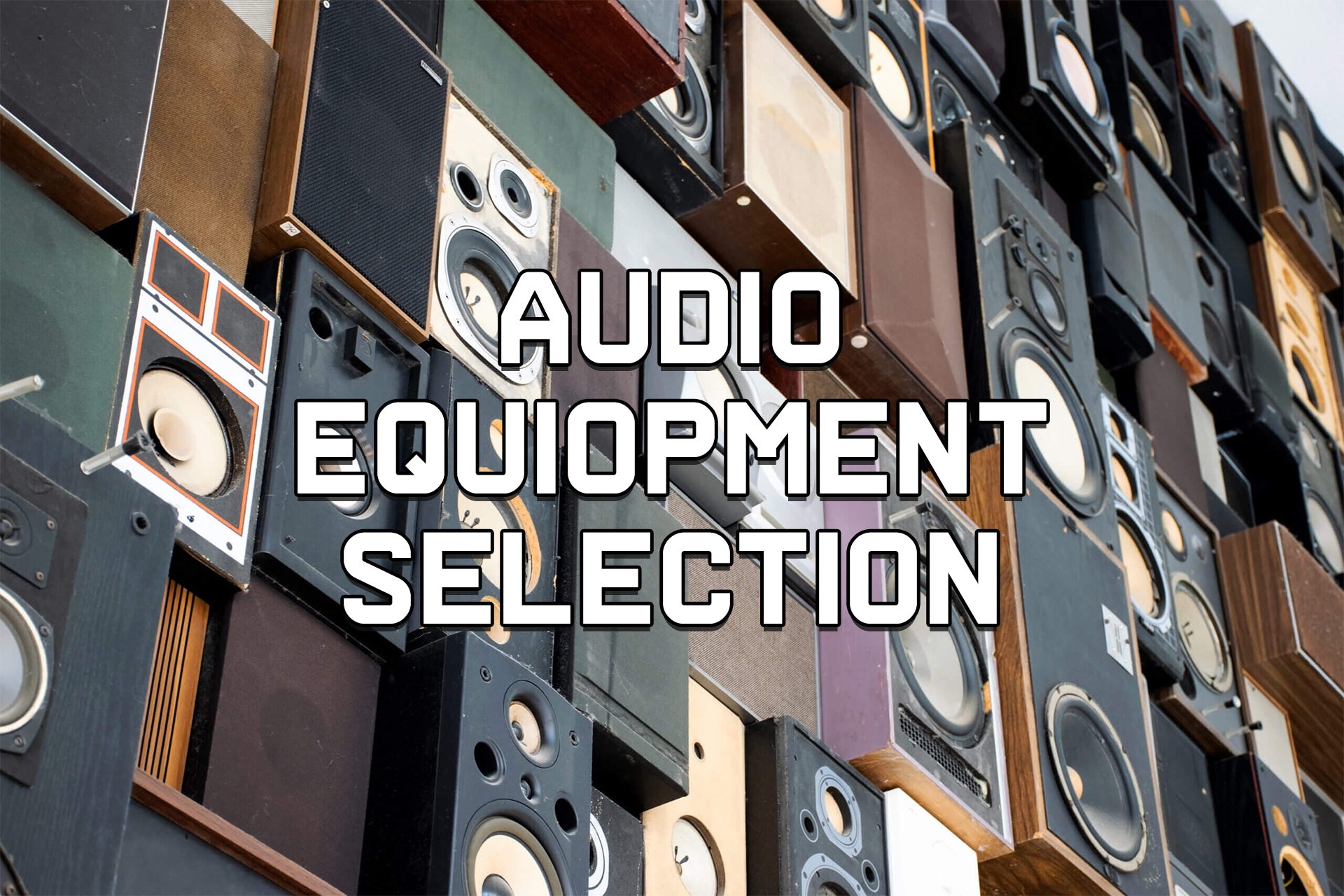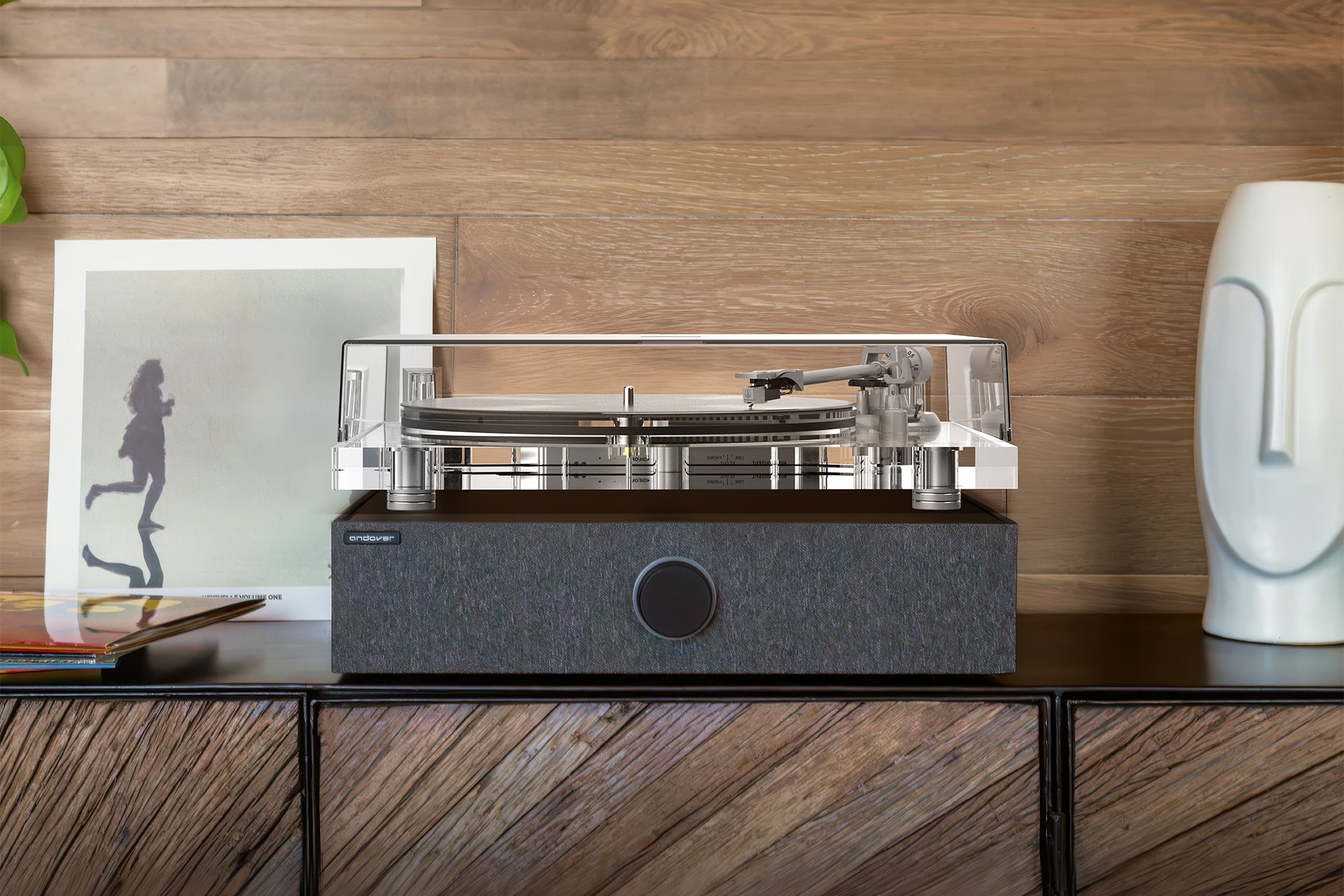Introduction
In today's digital world, more and more music lovers are choosing between vinyl and digital music. Digital music players like streaming services and MP3 players have made music readily available, but the vinyl record player, with its unique sound quality, historical appeal, and retro charm, still holds a special place among many audiophiles. So, what are the differences between a vinyl record player and a digital music player? Which one is right for you?
In this article, we'll delve into the differences between these two devices in terms of sound quality, ease of use, price, and collectible value, to help you make an informed choice.
1. What is a vinyl record player?
A vinyl record player (also known as a "vinyl record" or "record player") is an analog audio playback device that produces sound by reading the grooves on a rotating record. Its history dates back to the early 20th century, and during its heyday in the mid-20th century, the vinyl record player was a staple of home audio systems. Although vinyl turntables once fell out of the mainstream market with the rise of digital music devices, they have experienced a resurgence in recent years due to their unique sound quality and retro appeal.
Vintage Turntable Components
The core components of a vinyl turntable include:
- Tonearm: This supports the stylus and moves it across the surface of the vinyl record, capturing the audio signal.
- Stylus: Also called the "pickup needle," this part touches the record and converts the uneven pattern on the record into an electrical signal.
- Turntable: This carries the vinyl record and rotates it, reading the audio information on the record.
- Audio Output System: This converts the audio signal into audible sound through an amplifier and speakers.
The most distinctive feature of a vinyl turntable is its analog audio playback method. Compared to digital audio devices, vinyl records produce a sound closer to the "original" audio, and many audiophiles believe this sound has a higher level of depth and warmth.
2. What is a digital music player?
Digital music players (such as MP3 players, smartphones, computers, and streaming devices) play music based on digital signals. Digital music files such as MP3, WAV, and FLAC digitally store music information and convert the signal into audible sound using a digital audio decoder (DAC). With technological advancements, today's digital music players boast higher sound quality, greater ease of use, and a wider range of features.
Features of Digital Music Players
- High Convenience: Digital music players support multiple file formats and offer convenient music storage and management capabilities.
- Digital Sound Quality: Digital music files store the music's data information, and digital signal processing algorithms can enhance sound quality to a certain extent.
- Streaming Services: Streaming platforms like Spotify, Apple Music, and Tidal now allow users to access vast music libraries anytime, anywhere.
The advantages of digital music devices lie in their precise audio processing, ample storage space, and flexible playback methods, allowing users to easily select any song they want.
3. The Difference in Sound Quality Between Vinyl Record Players and Digital Music Players
Sound quality is often one of the most important considerations when choosing an audio player. So, what is the difference in sound quality between vinyl record players and digital music players? The difference in sound quality between these two devices can be compared in several ways.
Sound Quality Characteristics of Vinyl Record Players
Warmth and Rich Detail: Vinyl record players offer a warm sound quality that is particularly appealing to music lovers who appreciate a vintage, natural, and emotionally rich sound. The sound quality of vinyl records is highly dependent on the quality of the record and the precision of the playback equipment, typically presenting a greater depth of audio.
Natural Characteristics of Analog Audio: Because vinyl records play analog signals, the sound quality is very close to the "original state" of the music. Many music lovers believe this sound quality has a natural, unprocessed feel.
Sound Quality Characteristics of Digital Music Players
Precision and Clarity: The advantage of digital audio is that it provides a precise and clear audio signal through high-quality digital conversion and processing. Most high-end digital devices (such as lossless audio players) support formats such as FLAC and WAV, preserving even more audio detail.
Reduced Distortion: One of the greatest advantages of digital music is its ability to effectively reduce distortion and noise. Because audio is stored and played digitally, it is less susceptible to physical wear and tear and external interference.
4. User Experience of Vinyl Record Players and Digital Music Players
In addition to sound quality, the ease of use of both vinyl record players and digital music players is also a key concern for many consumers.
User Experience of Vinyl Record Players
Ritual and Immersive: Many vinyl record players describe the process of playing a record as a ritual. You manually place the record on the turntable, adjust the volume, and even adjust the needle. This interactive experience makes the user more immersed in the music.
Equipment and Space Requirements: Vinyl record players are typically bulky and require a certain amount of space to place. They also need to be connected to equipment such as speakers and amplifiers. Therefore, for users with limited space, vinyl record players may not be as convenient as digital devices.
User Experience of Digital Music Players
Convenience and Flexibility: Digital music devices require minimal operation; users simply turn on the device and select their favorite music. Streaming services have further enhanced the convenience of digital music devices, allowing users to play music anytime, anywhere.
Unlimited Music Selection: Digital music platforms offer users a nearly limitless selection of music, allowing them to easily access a wide range of tracks tailored to their preferences.
5. Price Difference Between Turntables and Digital Music Players
Price is a significant factor for many consumers when choosing audio equipment. The price difference between turntables and digital music players is also significant.
Price Range of Turntables
Device prices vary widely: Ranging from a few hundred dollars to several thousand dollars, turntable prices span a wide range. For consumers on a budget, a trade-off between price and sound quality may be necessary.
Long-term Investment: Purchasing a high-end turntable and building a collection of high-quality vinyl records is often a long-term investment. While vinyl records may be more expensive, their collectible value and unique sound quality make them worth the investment.
Price Range of Digital Music Players
More Value for Money: Compared to turntables, most digital music players are generally more cost-effective. A basic MP3 player or streaming device may cost only a few dozen dollars, while a high-end digital player can cost hundreds of dollars.
Subscription Fees: For users of streaming services, monthly subscription fees also need to be considered. While most streaming platforms offer a free basic service, premium subscriptions are usually required to enjoy lossless sound quality and an ad-free experience.
6. Which is Right for You? A Guide to Choosing between a Turntable and a Digital Music Player
When choosing between a turntable and a digital music player, the most important thing to consider is your personal needs and preferences.
If You're an Audiophile
If you have extremely high demands for sound quality and desire greater audio detail and depth, a turntable may be the right choice for you. It offers a unique warmth and richness of sound, making it an ideal choice for audiophiles and vinyl collectors.
If You're Seeking Convenience and Versatility
If you prioritize convenience, portability, and a vast selection of music, a digital music player is a better choice. Digital devices offer not only precise sound quality but also convenient streaming services and user-friendly operation.
7. Conclusion
Both turntables and digital music players have their own advantages and disadvantages. Choosing one over the other ultimately depends on your sound quality requirements, ease of use, budget, and whether you enjoy collecting music. No matter which method you choose, the most important thing is to enjoy the wonderful experience brought by music according to your personal needs and preferences.












Leave a comment
All comments are moderated before being published.
This site is protected by hCaptcha and the hCaptcha Privacy Policy and Terms of Service apply.